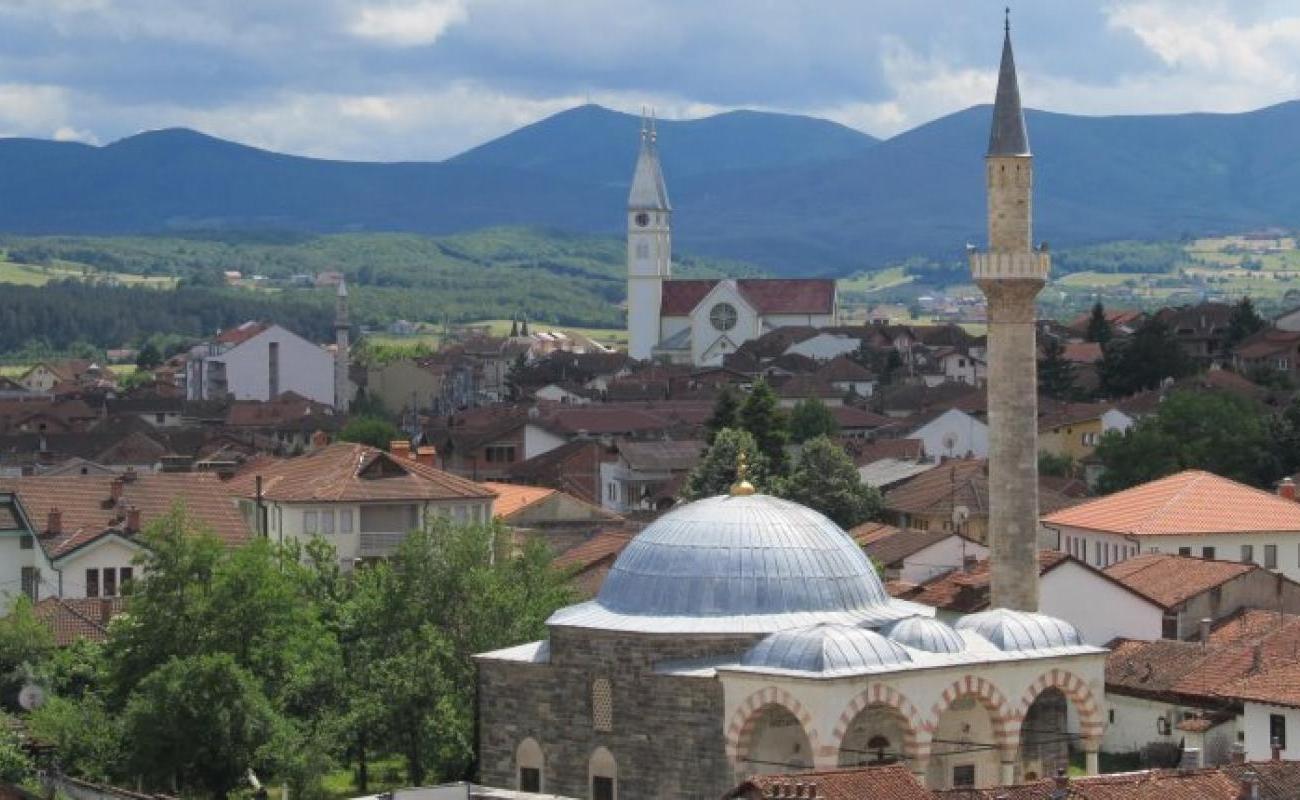Gjakova in Kosovo* switches district heating to biomass

Municipal-owned utility District Heating Gjakova launched a cogeneration plant fueled by wood waste and vine prunings. The construction of the combined heat and power (CHP) unit was financed with EUR 15 million from the European Union’s Instrument for Pre-accession Assistance IPA 2, EUR 5.5 million from the Swiss State Secretariat for Economic Affairs – SECO, and public funds.
According to the Energy Community Secretariat, the facility has a capacity of 16.5 MW for heating and a power steam turbine of 1.1 MW.
The city of Gjakova, or Đakovica in Serbian, is located in Kosovo’s southwest. It has 41,000 inhabitants, compared to 95,000 people living in the administrative area. The district heating firm has two thousand customers, and the new system covers 50%.
Kopač: The Gjakova model should be replicated in the Western Balkans
“After 40 years of being reliant on expensive imported fossil fuel, the district heating in the western part of Kosovo* is now running on local and sustainable energy sources. This is truly a good example of cooperation between local authorities, the European Union, other donors, and the Energy Community Secretariat. It is a model to be replicated in the Western Balkans,” Energy Community Secretariat Director Janez Kopač said.
Kosovo* has 1.9 million inhabitants and four district heating systems: in capital Prishtina, in Zvečan/Zveçan, Kosovska Mitrovica (or just Mitrovica in the Albanian language) and Gjakova.
The reconstruction of the district heating system in the seventh-largest city included the rehabilitation of underground pipes and the introduction of meters in every building. The European Commission funded the feasibility project.
Switzerland has been particularly active in assisting the decarbonization of district heating systems in Serbia with its development aid.
